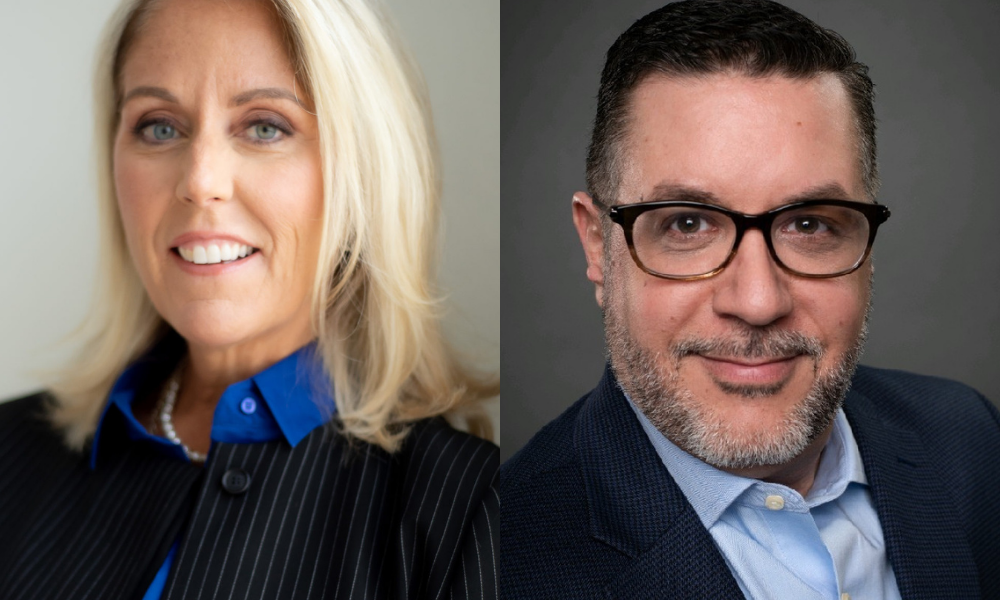
Coalition launches Neurodiversity Career Connector to match job seekers with employers able to meet their needs

Neurodiversity describes the idea that people experience and interact with the world around them in many ways, according to Harvard Medical School.
Although neurodiversity refers to the diversity of all people, it’s most commonly used in the context of autism, as well as other neurological or developmental conditions such as ADHD, dyspraxia, dyslexia, dyscalculia and/or Tourette Syndrome.
The University of Connecticut reports a 30%-40% unemployment rate for neurodivergent adults – three times the rate for people with a disability, and eight times the rate for people without a disability.
That’s why the Neurodiversity @ Work Employer Roundtable and Disability:IN, a global nonprofit headquartered in Alexandria, VA, have joined forces to launch the Neurodiversity Career Connector (NDCC), a career portal dedicated to neurodivergent job seekers. This new marketplace connects neurodivergent people with companies already committed to neurodiversity hiring programs with open roles, such as HR, finance, customer service and science, technology, engineering and math (STEM) positions.
Neurodiversity touches one in eight people around the world, according to Jill Houghton, president and CEO of Disability: IN. “Competitors in industry are coming together to solve this problem and help each other tap into neurodiverse talent, sharing inclusive practices around hiring, retaining and advancing talent,” Houghton said during a press briefing which HRD attended.
Neil Barnett, director of inclusive hiring and accessibility at Microsoft, is also lead of the Neurodiversity @ Work Employer Roundtable, a group of nearly 50 companies with neurodiversity hiring programs and support systems in place for new employees.
The roundtable started in 2017 with six founding members: Microsoft, DXC Technology, EY, Ford, JP Morgan Chase, and SAP. California companies that have since joined the roundtable include Google, Hewlett-Packard (HP), Chevron, Wells Fargo, Qualcomm, Salesforce, VMware and Warner Brothers.
In order to be part of the roundtable and post a job opening on the NDCC, you must have inclusive hiring and training practices in place for at least a year. There have been 100 job openings – about 40% of which are non-STEM related – posted on the portal already.
Watch: How can HR leaders encourage discussions around DEI?
“Many employers on the roundtable, including Microsoft, have taken a different approach to the traditional one-day job interview,” Barnett said. “We have the same expectations, but we’re looking to get individuals to the next phase, whether that’s talking to a recruiter, meeting with a manager or actually interviewing for the role. We’re focused on how we build these accommodating interviews so we can get more talent into the funnel to hopefully lead to greater employment.”
Anthony Pacilio, vice president of Allentown, PA-based CAI Neurodiverse Solutions (a roundtable member), says that neurodivergent employees have a higher retention rate than their counterparts. The company has a process called Talent Discovery Session, which is a five-day extended interview where candidates learn what the job entails and what the requirements are. Pacilio said the goal is for potential employees to understand exactly what’s expected of them so they can opt in and be enthusiastic about the role.
“Our job is to provide meaningful careers for neurodivergent individuals,” Pacilio said. “We take their unique skillsets and make sure we provide career mobility, which leads to longevity. We also teach these individuals about advocacy for themselves, so when performance review time comes, they’re able to exhibit what they’ve done along the way.”
Another member of the roundtable is Spectrum Designs Foundation, a decorated apparel company in Port Washington, NY. Spectrum Designs provides employment and meaningful vocational experiences to teens and young adults with developmental disabilities, primarily autism. “The ability to share knowledge and best practices is really helpful for us as a small business,” said Patrick Bardsley, co-founder and CEO of Spectrum Designs. “We’re looking at this from the board room to the mail room and everywhere in between.”
Bardsley emphasized the adaptations the company has made for neurodivergent employees, creating a more visual workplace and shifting communication, whether that be visual, written or verbal, to meet the needs of the individual. He credited the success of the company’s accessibility and inclusion efforts in large part to having the head of the HR department led by Marissa Borzykowski, a licensed social worker with experience in mental health counseling.
“It’s having that person who truly understands our people and then can help educate managers and staff at different levels to encourage mobility and keep people happy, engaged and productive,” Bardsley said. “These kinds of retention strategies are where the rubber meets the road.”
Many companies have disability employee resource groups (ERGs) that can be tapped into to facilitate hiring and onboarding of neurodivergent employees. “If you’re looking for neurodivergent candidates, think about starting out small,” Pacilio said. “You don’t want to bring a large program into the scope of your business right away. This is going to take a cultural shift and empathy is going to be a huge driving force.”